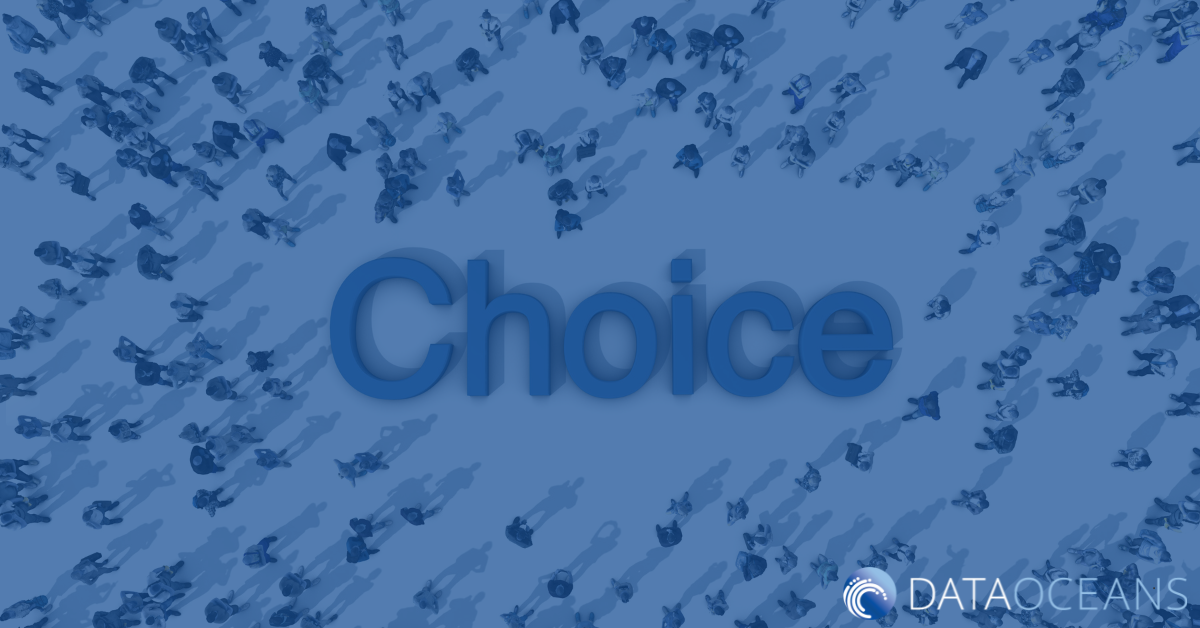Personalization has become the norm in many industries, so why should billing statements for financial institutions be any different? Traditionally, these statements have served as mundane, transactional summaries—a necessary, yet uninspiring, part of the customer experience. But what if they could offer more? What if billing statements became personalized, data-driven tools that not only recap transactions but also provide valuable insights and foster a deeper connection between the institution and its customers?
Personalized Billing Statements for Financial Institutions
The value of personalization in billing statements for financial institutions lies in its ability to create a more meaningful and engaging customer experience. Imagine receiving a statement that not only details your recent transactions but also offers tailored financial advice, highlights opportunities based on your spending habits, or suggests ways to save. Such personalized content transforms a routine document into a valuable resource, strengthening the relationship between customers and their financial institutions.
Research supports this approach. For example:
- 71% of consumers expect personalized interactions, and 76% get frustrated when these expectations are not met.
- Companies that excel at personalization generate 40% more revenue from these activities than their peers.
- 89% of business leaders believe that personalization is crucial to their success.
These numbers highlight the importance of incorporating personalization into billing statements.
.png?width=700&height=100&name=Banner%20-Technology%20Boosts%20Compliance%20in%20Consumer%20Finance%20Communications%20(17).png)
Leverage Data Analytics for Deep Insights
To effectively personalize billing statements, financial institutions must leverage the power of data analytics. Every customer has a unique financial history, and data analytics allows institutions to uncover insights that enable truly personalized communication. By analyzing transaction histories, payment behaviors, and preferred communication channels, financial institutions can craft messages that resonate on a personal level.
This deep understanding of each customer not only improves the relevance of the content but also enhances the overall customer experience, leading to increased satisfaction and loyalty.
Enhance Communication Effectiveness
Personalization is only part of the equation; the effectiveness of billing statements also hinges on their timeliness and precision. Data analytics plays a crucial role in determining the optimal times and channels for delivering these statements. For example, some customers may prefer email notifications, while others may opt for SMS or traditional mail.
By aligning the delivery of billing statements with customer preferences, financial institutions increase the likelihood that their communications will be read and appreciated. Well-timed, targeted messages can transform routine updates into significant touchpoints that encourage timely action and deepen customer engagement.
Build Trust Through Transparency
In an era where information is readily accessible, transparency is not just appreciated—it’s expected. Customers want clear, detailed explanations of fees, straightforward terms, and assurance about how their financial data is being used.
Data-driven billing statements offer an ideal platform for delivering this transparency. By providing clear breakdowns of transactions, transparent fee explanations, and insights into data usage, financial institutions can build trust with their customers. This trust is essential, as it empowers clients, increases their satisfaction, and strengthens their loyalty.
Moreover, proactive communication is key to transparency. Through data analytics, financial institutions can anticipate common questions and concerns, addressing them upfront in billing statements. This approach reduces the need for follow-up inquiries and streamlines the customer experience.
Continuous Improvement Through Feedback
One of the greatest advantages of data-driven strategies is their capacity for continuous improvement. Financial institutions have access to a constant stream of feedback, which allows them to refine and optimize their communication strategies over time. By monitoring customer responses and adapting based on feedback, institutions can ensure that their messaging remains relevant, engaging, and customer-centric.
This ongoing evolution is vital. Personalization in billing statements is not just about addressing customers by name; it’s about understanding their needs, preferences, and behaviors on a deeper level. It’s about showing customers that they are valued not just as account holders, but as individuals.
The Future of Data-Driven Billing Statements
As financial institutions continue to embrace data-driven communications, they are not just meeting customer expectations—they are exceeding them. By transforming simple billing statements into personalized, insightful tools, they are building trust, fostering loyalty, and creating experiences that customers truly value.
With the right data-driven approach, these routine documents can become powerful tools for enhancing the customer experience and driving long-term loyalty.
Are you ready to unlock the full value of your billing statements?


.png)
.png)
